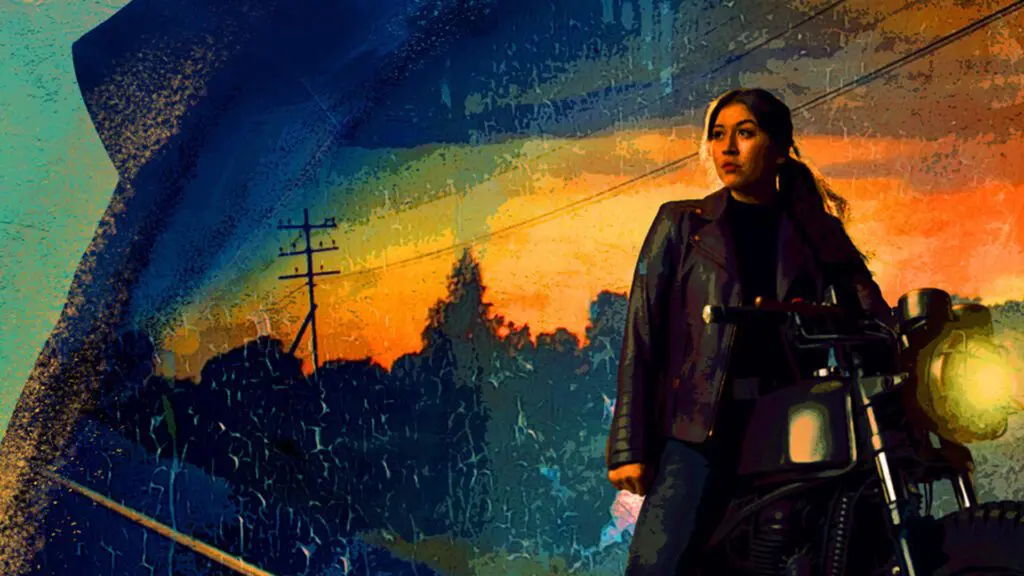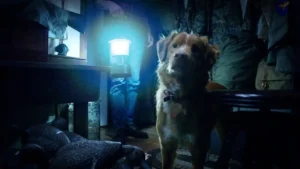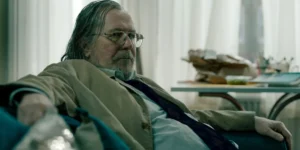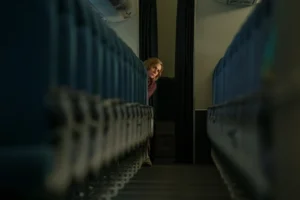Summary
Echo doesn’t work in almost any of the ways it was intended to, wasting a valuable perspective and mythology along the way.
At this point, it’s hard to put a finger on what exactly is going so badly wrong with the Marvel Cinematic Universe. A lack of post-Endgame direction isn’t helping. A general lack of polish and excitement in recent projects isn’t either. But the big problem is the marketing, and something like Echo – all five episodes of Season 1 dropped at once on Disney+ in an unusual move – is symptomatic of that.
Echo is the first “Spotlight” production in the MCU, the new label applying to, and I quote, “more grounded, character-driven” projects that, crucially, don’t require any prior knowledge of the MCU to be enjoyed. But Echo doesn’t work like that. The entire thing has been marketed as essentially a continuation of Netflix’s Daredevil, with Charlie Cox and Vincent D’Onofrio returning as Matt Murdock and Wilson Fisk, respectively. And at least half of the first episode is devoted to recapping parts of the protagonist’s story that were already explained – and sometimes outright depicted – in Hawkeye.
This is obviously a con, isn’t it? Daredevil was central to the marketing and is in this for literally one scene, and it’s a flashback with no bearing on anything that occurs in the fast-forwarded recap of the stuff that the Spotlight branding suggests you don’t need to know to enjoy the story. Why, then, are we spending half an episode rewatching it?
Fans will kick off about this, and when they do they’ll be preached at for being entitled. And while ordinarily, I’m not too fond of fans of anything, it’s easy to see why they’re getting aggravated at this point. Echo isn’t easily accessible for new fans, it’s too reiterative for existing fans, and it won’t satisfy anyone who bought into the idea that it would be a genuine spiritual successor to the beloved Netflix shows. So, what’s left?
Fundamentally Echo is a personal story about Maya Lopez (Alaqua Cox), former Fisk enforcer turned wannabe “Queenpin” who returns to her hometown of Tamaha, Oklahoma twenty years after being banished to New York. She intends to take over the remnants of Fisk’s businesses following his “death” at her hands in the Hawkeye finale. Returning home means Maya is forced to confront her complicated family legacy and get more in touch with her Native American Choctaw ancestry, which is now the source of some powers that differ from her traditional comic book interpretation.
This unique angle is valuable enough to justify a story focusing exclusively on Maya, but its real significance on an emotional level doesn’t come into play until the final two episodes. Until then, cold opens exploring Maya’s ancestors feel confusing and tokenistic, sometimes taking up far more of an episode than they feel relevant to. I’m personally of the opinion that the payoff is worth it, and the finale gets some nice moments out of the idea of Maya channeling her entire ancestral line, but like everything else, it’s a mixed bag until that point.
Maya being deaf doesn’t matter all that much either. A lot of the dialogue is in subtitled American Sign Language, which is different, and occasionally the score will drop out of action sequences to emulate her inability to hear, which is neat. But as far as the choreography is concerned, her prosthetic leg seems of more significance in a couple of stand-out sequences (and there are, regrettably, literally only a couple.)
Some will complain about Alaqua Cox’s stoicism, but leveling the classic sexist cliché “she doesn’t smile enough” in her direction is doubly dumb in this case since the entire plot is about her having very little to smile about. I didn’t mind the performance and there’s enough emotion where it counts, but it’s nonetheless hard to imagine anyone clamoring to see what she might be up to next.
D’Onofrio, for what it’s worth, remains exquisite as Kingpin, but the Disneyfication of the character is regrettable here as it was in Hawkeye. He fares slightly better, but he just doesn’t have that terrifying possibility of violence anymore; Echo is a darker show than most in the MCU, but that’s saying very little, and it’s tame by most standards. This is another way in which it fails as a spiritual successor to Daredevil, and its efforts in explicitly tying the canons together are well-intentioned but ultimately frustrating because the elements that end up being preserved are not what anyone was excited about.
A valuable perspective
Ultimately it’s just difficult to know where to stand with Echo. It doesn’t seem like it’d sit well with newcomers despite the Spotlight branding, it doesn’t work as a continuation of the plot, characters, or tone of the Daredevil series despite the marketing, and as a personal story it’s functional but not especially fleshed out or exciting. There’s value in Maya’s perspective and personal history, and as with the great Kahhori episode of What If…? Season 2, the biggest entertainment franchise in the world absolutely should be exploring these vibrant and under-told stories.
Can it find a more interesting way of telling them than this, though?
What did you think of Echo Season 1? Comment below.
RELATED:




